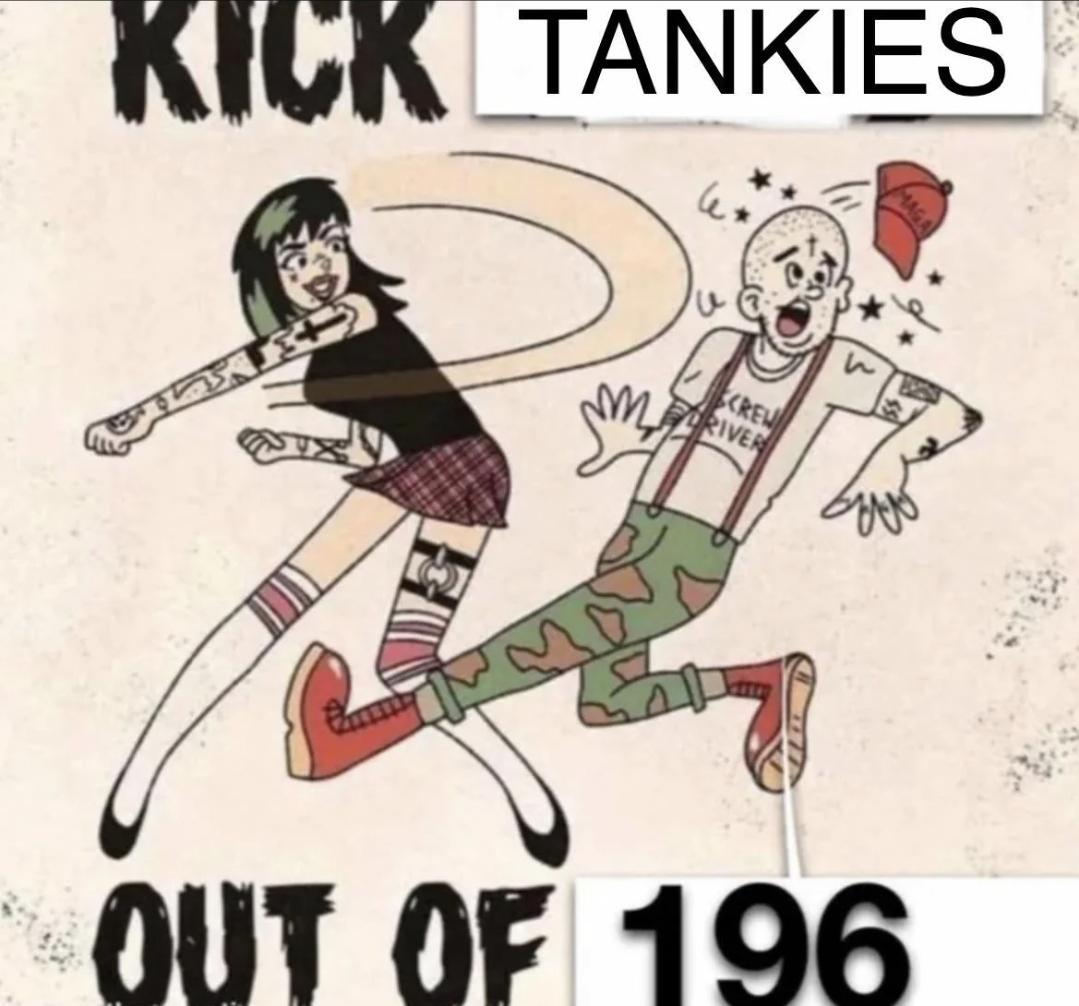"Really existing socialism" of course meaning "a system wherein workers have zero effective political power."
Just because it's true that the ML movement was an essential part of decolonialization, and because it isn't true that the USSR was some evil empire, doesn't mean that the ideologies that underpin(ned) those societies aren't deeply flawed.
The USSR was not an evil empire, no, but the political structure of a hierarchical, command-based politic lead exactly where critics said it would lead. The "ultraleft", as you call them, including Luxemburg and Anarchist communists warned Lenin exactly what would go wrong in the USSR, and Lenin did not listen.
That's why Lenin is a counter-revolutionary by deed if not by intent. By his actions, the power of the people's and worker's soviets were shattered and replaced with corrupt bureaucracy.
Also, hey, go tell a Tartar, Kalmykk or other displaced ethnic group who were victim of Stalin's genocide that he wasn't a deranged butcher. Maybe if you survive you can tell me what you learned.
https://lemmy.world/comment/171791
From this post
You can easily make an account on lemmy in a minute, use a throwaway email https://tempm.com/
Go dunk on them on Lemmy not here :possum:


I don't see how you can be a revolutionary anarchist and believe that it's possible to have a top-down revolution. That kind of crude vanguardist premise that the bolsheviks were the only political agents in the revolution, and that the people just sort of passively accepted it, or else were somehow immediately crushed by a minority political faction, seems to frankly give them too much credit.
These are people who never actually learned about how the soviets and worker's councils actually operated on a day-to-day basis, and their general relationship with the central and extended bureaucrats. Like, the red terror was not a good thing, but it was generally supported and sustained by the worker's councils and soviets because it gave them a chance to get rid of their political enemies in the bureaucracy. Much of the reason for Stalin's general popularity with the people and immediate rejection by the bureaucrats is because Stalin directly held bureaucrats responsible for their policy failures, but was generally more ideologically and policy lenient with the worker's councils and soviets. If you wanted to be on a national stage, then Stalin gave you alot of attention, if you were concerned with local production, he would generally give you a pass.
However, this also explains the utter stagnancy of the upper echelons of Soviet government, and the 'smart move' of gathering power at those local production levels that eventually led to the dissolution of the USSR. Politics are a tough game to play, especially when you are dead.
I believe the term you are looking for regarding top-down revolution is "blanquist", a term which I've seen used multiple times in these threads to describe "tankies" and bolsheviks alike